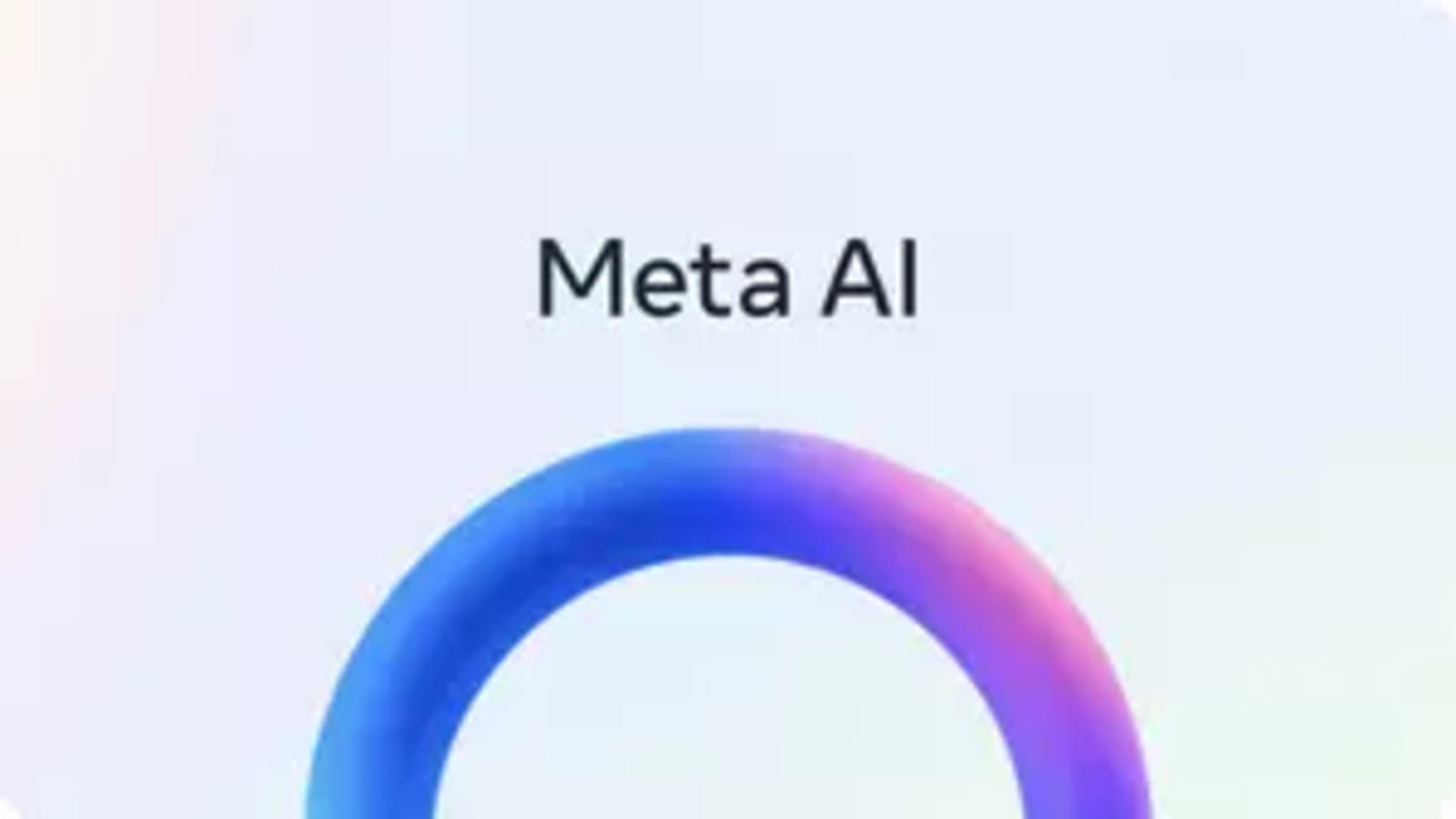In a determined effort to match the generative AI market leader OpenAI, Meta unveiled preliminary versions of its latest language model, Llama 3, and a cutting-edge image generator that updates pictures in real time based on user prompts.
This announcement comes on a Thursday, signalling Meta’s commitment to accelerate its progress in the generative AI space.
Meta AI, the company’s virtual assistant, will incorporate the models. Meta AI is being marketed as the most advanced of its free-to-use competitors, with performance comparisons on topics such as reasoning, coding, and creative writing compared to rival offerings from Alphabet, Google, and the French startup Mistral AI.
Read also: Apple plans to add Gemini AI to Iphone
The revamped Meta AI assistant will be featured more prominently in Meta’s Messenger, WhatsApp, Instagram, and Facebook apps. It will also have its own website to better compete with OpenAI’s ChatGPT, which Microsoft backed.
The website’s landing page offers various interactive features, such as a packing list generator, a quiz about music from the 90s, homework assistance, and the ability to paint a skyline of New York City.
How Meta AI is tackling competition
Instagram, Facebook, WhatsApp, and Messenger now incorporate the Meta AI assistant, introduced last September, into their search boxes. It will soon begin to show up in the Facebook main feed itself. It remains accessible through the message inboxes of Meta’s chat applications. Plus, you can now get it on its own at Meta.ai, which is a first.
For Meta’s assistant to be considered a serious contender, the underlying model must be at least as good as ChatGPT. This is why Meta is releasing Llama 3, the next big version of its open-source model that serves as its foundation. According to Meta, Llama 3 performs better on critical benchmarks than other models in its class and is superior overall at tasks like coding.
The Meta AI assistant and external developers have access to two smaller Llama 3 models; a significantly larger version with support for multiple modes will be available in the coming months.
The plans for Meta AI
Meta’s CEO, Mark Zuckerberg, wants Meta AI to be the most intelligent AI assistant that people can freely use worldwide. According to Zuckerberg, Llama 3 gives the Meta team the impression that they are there.
As far as the internet is concerned, no other chatbot incorporates real-time results from Google and Bing like the Meta AI assistant. Meta determines when to use either search engine to respond to a query. It has also improved its image generation to make GIFs and animations, and it can now generate high-resolution images dynamically as you type. According to Ahmad Al-Dahle, head of generative AI at Meta, the panel of prompt suggestions that appears when you initially open a chat window is designed to demystify what a general-purpose chatbot can do. Perplexity inspires this feature.
Read also: ‘P1 Ventures’ expands to Nairobi, Dakar, Intensifies AI Integration
Previously only accessible in the United States, Meta AI is now being released in English to several countries and languages, including Australia, Canada, Ghana, Jamaica, Malawi, New Zealand, Nigeria, Pakistan, Singapore, South Africa, Uganda, Zambia, and Zimbabwe. While Zuckerberg’s vision of a genuinely global AI assistant remains elusive, this expanded release brings Meta AI one step closer to connecting with the company’s over 3 billion daily users.
Here, we see echoes of Snapchat’s and TikTok’s groundbreaking Stories and Reels formats, which were both added to Meta’s apps to further cement their position as industry standards and set a precedent for similar developments.
Some might say it’s dishonestly plagiarizing. Yet Zuckerberg clearly views Meta’s massive size and agility in responding to emerging trends as its competitive advantage. With Meta AI, he is also aggressively investing in foundational models and spreading them everywhere, following the same playbook.




